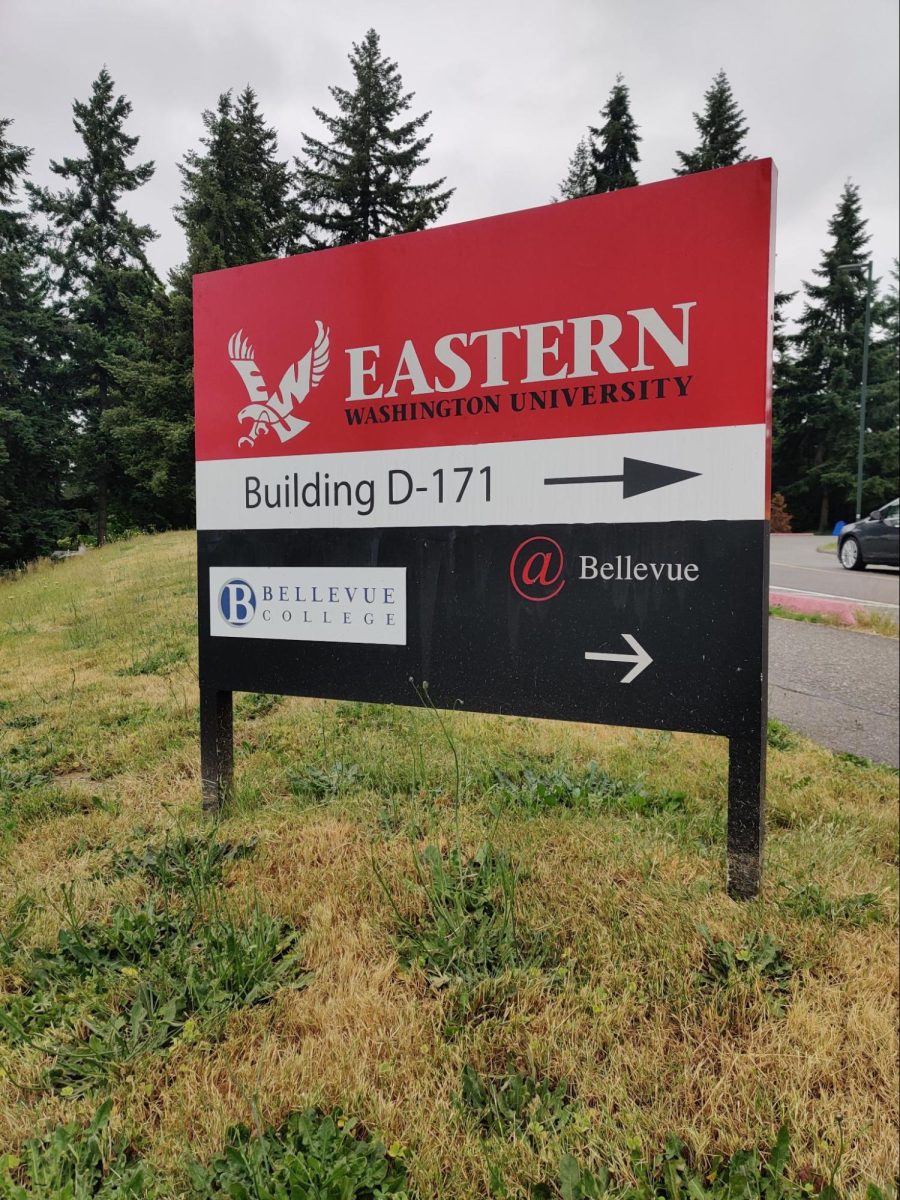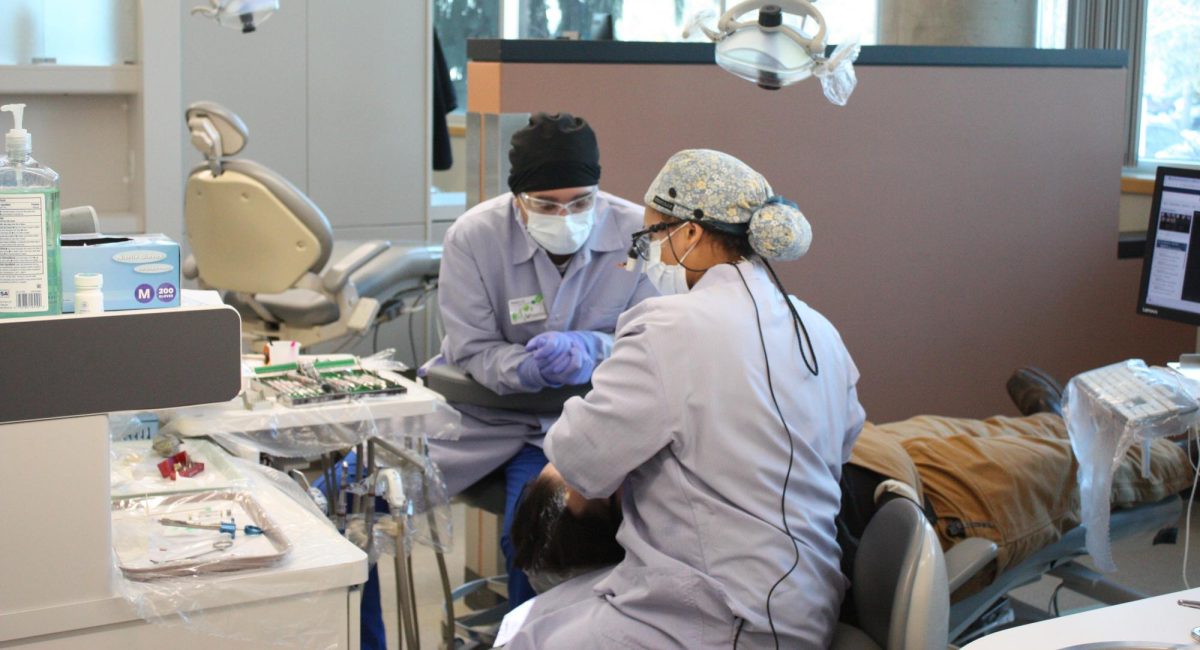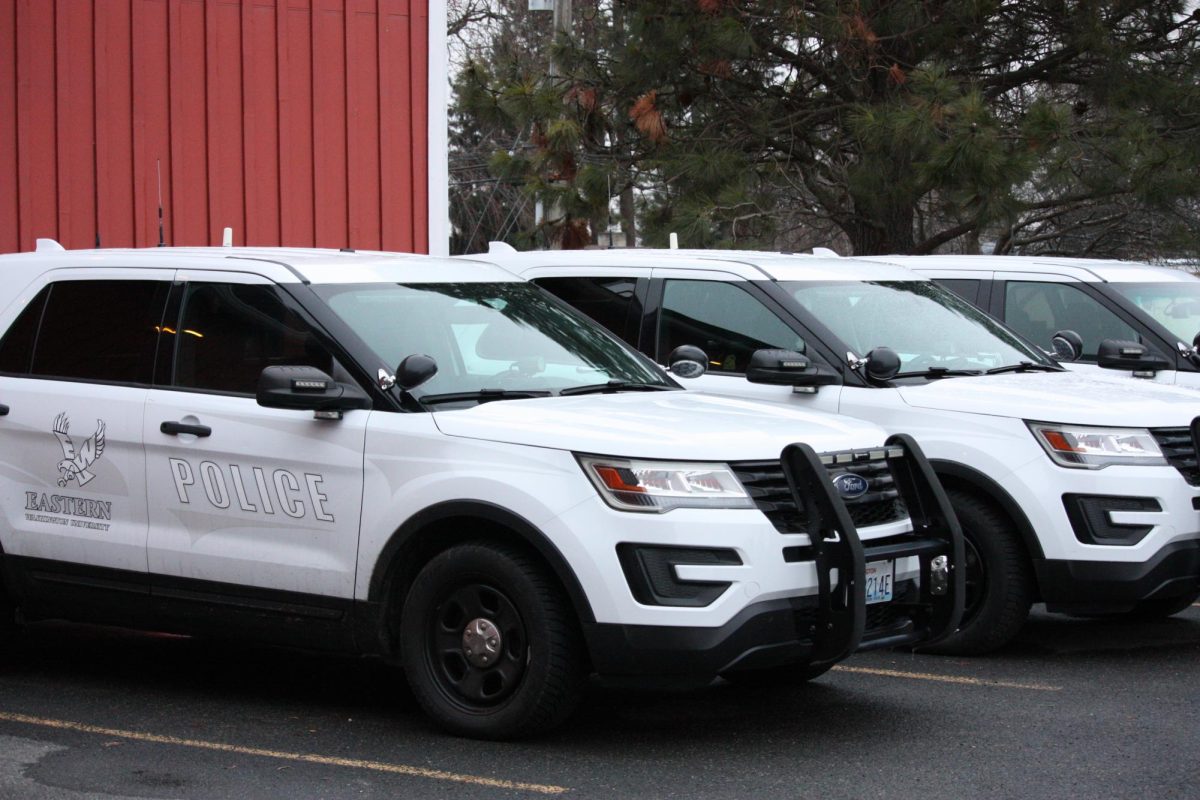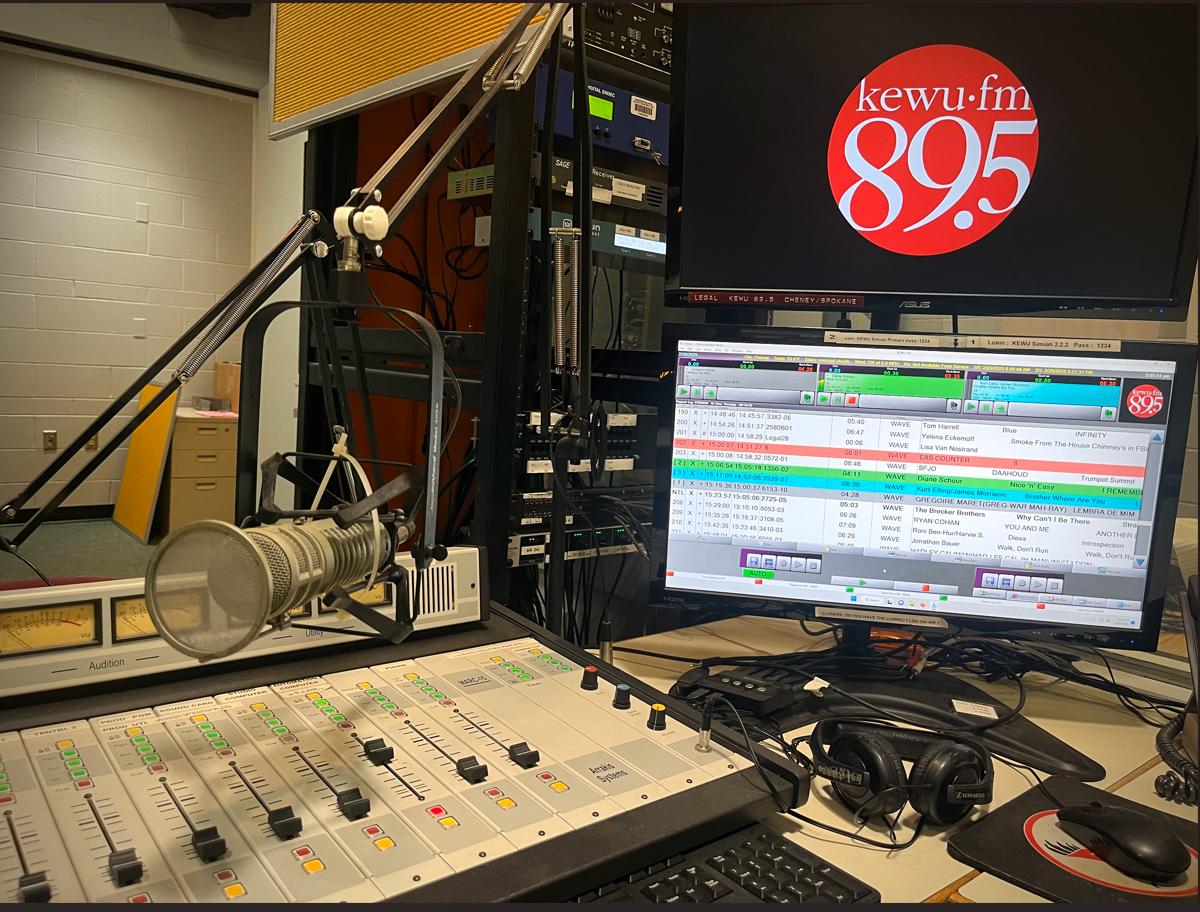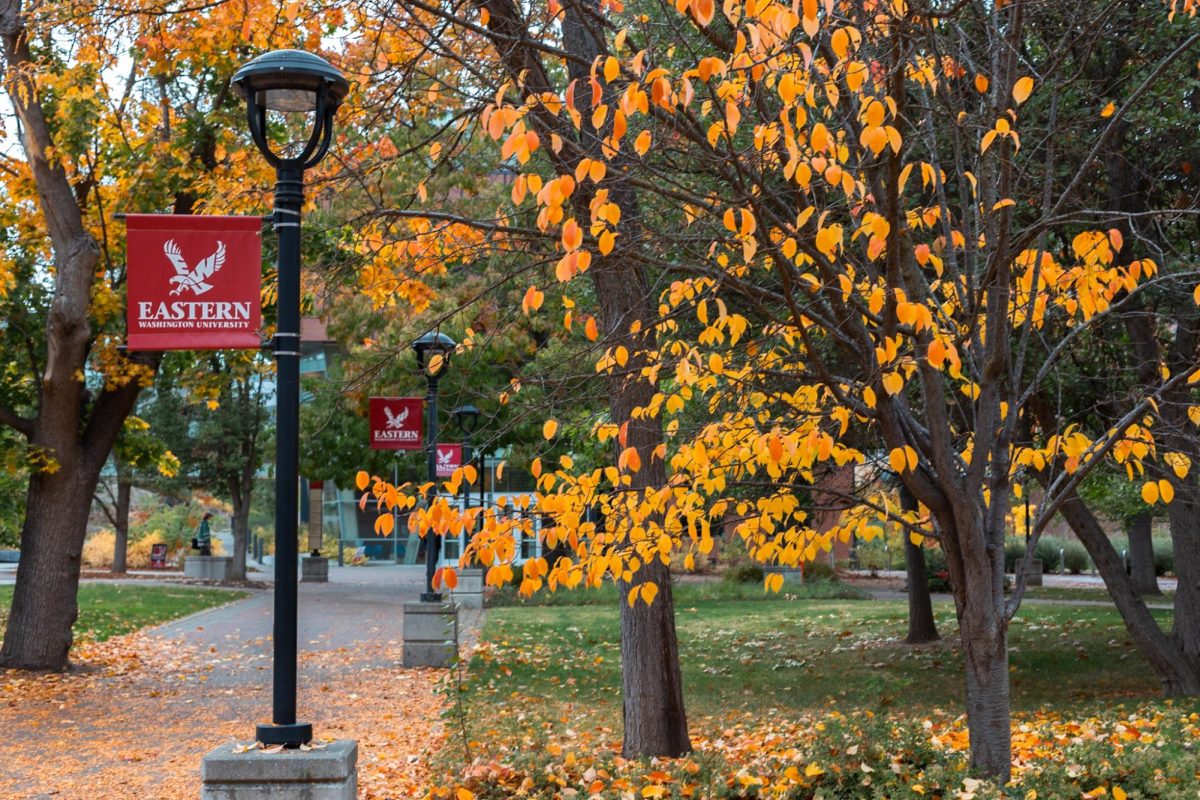Satellite campuses have been an appealing concept for many universities in recent years, seeming to promise greater enrollments and diversity of students than a single location. Eastern Washington University is among the universities who have branched out in this way, currently offering programs in Bellevue and Everett.
However, in recent investment recommendations put forth by staff and faculty as part of a comprehensive budgeting process, the Bellevue campus was recommended to be disinvested in, and potentially completely phased out.
The recommendation states that “as a regional comprehensive institution, our mission entails concentrating resources in Eastern Washington,” and that priority should be given to online programs over satellite campuses. However, spreading word of the school and providing opportunities for non-traditional students who have families or full time jobs is the reason the satellites exist in the first place, according to EWU’s interim vice provost Jacqueline Coomes.
“We used to get about half of our students from the Seattle area, and we no longer get that many,” Coomes said. “People are sticking closer to home— letting mom and dad continue paying the rent, because rent is really expensive. And [satellites] provide a lot of opportunities for students who otherwise would have come [to Cheney].”
The Eastern in Bellevue program, established in 2005, offers a variety of undergraduate programs out of the Bellevue College campus, though Psychology and Interdisciplinary Studies are the most popular degree choices. There are currently 40 students enrolled — significantly less than the pre-pandemic 126.
Despite this drop in enrollment, “It does make enough money to more than cover the costs of running the program, and also helps support student initiatives and faculty initiatives on [Cheney] campus,” Coomes said.
The Everett satellite campus serves a different purpose from the Bellevue campus. Established in 2001, it has enrolled about 40 students per year, offering a part-time Master’s of Social Work program supported by state funding due to the high demand for social workers. Because of this, it was not included in the budgeting plans like Bellevue.
“Our students are still getting pulled from rural communities, and it’s rural not in the sense that you think it’s rural — it’s rural because of the congestion and the difficulty of the commute with Seattle. But also, we are a more affordable program,” Lynn Lewis, director of the Master’s of Social Work (MSW) program in Everett. “A lot of the alumni that we have had come through over the years wouldn’t have an MSW if this program wasn’t here.”
Students in the MSW program echoed this sentiment, along with the fact that they simply weren’t looking for a “traditional” college experience. MSW student Maria Santos, 61, said that she was really looking for an all online experience but decided to apply to EWU’s hybrid program anyways — a decision she described as completely life changing.
“I am older. Been there, done that. I don’t need the campus life experience at all. I’m 61 years old!” Santos said.
But on the first day of in person classes, Santos received the call that her elderly mother had passed away. In shock, she decided to just head to her evening class anyways. There, the professor told her that she could just sit through the class and decide what she wanted to do about her education afterwards. She chose to stay.
“EWU has really, really good people — the people I needed when my mother died,” Santos said.
For other students in Everett, the option to control how involved they are with the campus community is a major draw to the program. MSW student Claire Robinson said that she didn’t want to be a full time student since she is married and has two kids.
The Bellevue branch has a different function in its area — to provide Bellevue College students with an affordable option to get a 4 year degree.
“The goal is to actually have some synergies where students are getting two year degrees [through Bellevue College] that map right into our four year degree that they can complete while they’re all in that place,” said Coomes.
Bellevue senior studying psychology Josh Burdick was one of such students transferring to EWU from Bellevue College.
“It’s very convenient. It’s a campus I already know where all the utilities and resources are for everything, so that’s basically what started me applying,” he said.
These programs have not been the only satellite campuses operated by EWU, however. Locations have opened and closed in Longview, Seattle, Moses Lake, and Vancouver WA. over the years. Coomes says that the Bellevue and Everett programs are in good health, and that there is a lot of possibility for investment into the Bellevue location.
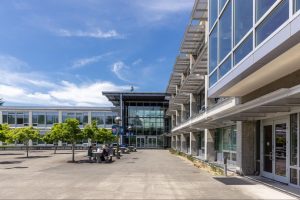
“I can imagine walking into a space that says ‘Eastern Washington University,’ and seeing here are the four programs we offer and that they are ones that are advertised throughout Bellevue College. And [the programs are] really connected tightly to some two year programs, so that students know when they start that two year program they’re going to go right into this Eastern program and graduate,” Coomes said.
While some students prefer being removed from the wider campus community, others see it as one of the drawbacks of attending a branch campus.
“I would prefer to be at the Cheney campus,” Burdick said. “I think I’ve come to appreciate how important it is to kind of have community, especially when you’re taking difficult psychology classes.”
For Burdick, the lack of community has led to a rift in his collegiate identity.
“I think in a lot of ways I feel more like a Bellevue student because I’m using their campus,” said Burdick. “Usually the Eastern students are kind of like, because it’s such a commute-based program, they’re kind of like going to class and then by the time class is over it’s like 10 p.m. so we’re going home.”
Bellevue professor of psychology Kevin Criswell said that he has seen students forming really strong bonds over the shared experience of being connected to both institutions.
“They have this proud identity that’s not just EWU, not just Bellevue College, but it’s kind of unique to them. And yeah, it’s really cool to see those students that kind of take that unique identity and run with it together, even beyond the program,” he said.
The future of both satellites is currently unknown, according to Coomes. The staff and faculty recommendation to disinvest in the Bellevue program will be taken into account by a planning committee in creating what is called the “strategic plan” for the university.
“With really good planning, if the strategic plan says ‘yeah, this is one of those things we should invest in. We should have a good, strong presence and value,’ then I can see that we should do more there,” said Coomes. “If it says no, then it’s because some choices have been made. It’s not that it’s not a good decision, it’s just that something else may be more important. So we just have to wait for the strategic planning process to complete.”




